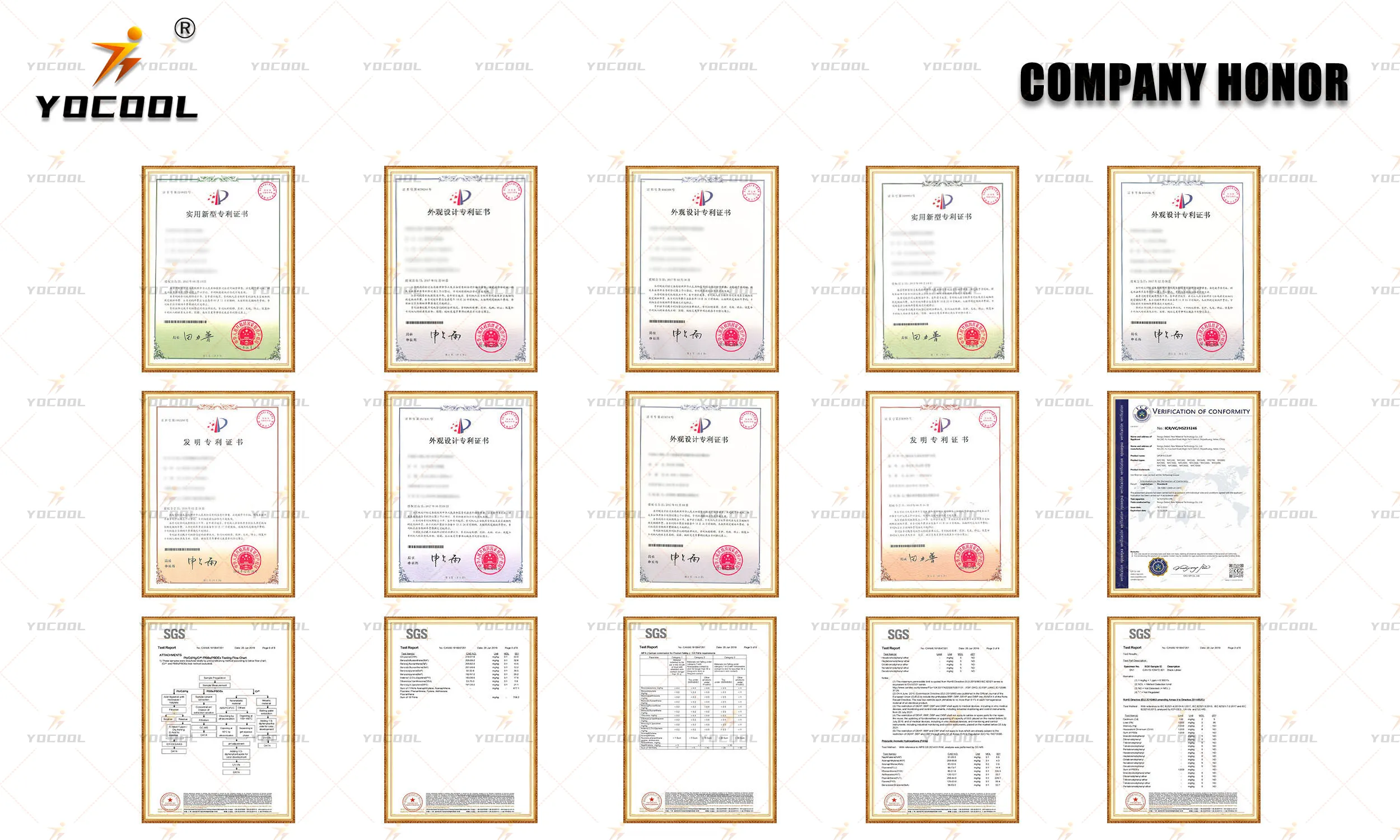

The Dynamics of Racquetball Rackets Choosing the Right Equipment for Success
Racquetball is a dynamic and fast-paced sport that requires excellent hand-eye coordination, agility, and of course, the right equipment. Central to the game is the racquetball racket, a critical tool that can significantly influence a player's performance on the court. Understanding the various aspects of racquetball rackets is essential for both beginners and seasoned players alike.
Understanding Racquetball Rackets
Racquetball rackets are specially designed to withstand the rigors of the game. They are typically made from lightweight materials such as graphite, composite, or aluminum, allowing players to maneuver quickly and react to the fast-paced ball. The standard length of a racquetball racket is around 22 inches, but they can vary in weight, balance, and string tension, each affecting the player's control and power.
Choosing the Right Racket
When selecting a racquetball racket, players should consider several factors
1. Weight Racquets generally range from 170 to 240 grams. Lighter rackets offer increased maneuverability, making them ideal for quick reactions and volleys, whereas heavier rackets provide more power and stability, benefiting players with stronger swings.
2. Balance The balance of a racket refers to how weight is distributed. Head-heavy rackets offer more power, making them easier to hit hard shots, while head-light rackets provide better control and are favored by players who emphasize finesse and placement.
3. Grip Size The grip size of a racket is crucial for comfort and performance. A proper grip ensures that players can maintain control over their shots without excessive strain on their hands. It's essential for players to try different grip sizes to find one that feels comfortable and secure.

4. String Tension The tension of the racket strings affects how the ball reacts upon contact. Lower tension offers more power and a softer feel, whereas higher tension allows for greater control and precision. Players can experiment with different tensions to discover their ideal setup.
The Evolution of Racquetball Rackets
Racquetball has evolved over the years, and so have the rackets. In the early days of the sport, wooden rackets were the norm. However, advancements in technology and materials have led to the development of modern rackets that are lighter, stronger, and more responsive. Graphite and composite materials have dramatically enhanced performance, enabling players to hit the ball harder and control their shots with greater finesse.
Care and Maintenance of Rackets
To ensure longevity and optimal performance, players must take proper care of their racquetball rackets. Here are a few tips
- String Maintenance Regularly check the string condition. Frayed or worn strings should be replaced to maintain performance. - Cleaning After each game, players should clean their rackets to remove dirt and sweat, which can degrade materials over time. A gentle wipe with a damp cloth will suffice.
- Storage Rackets should be stored in a protective cover to prevent damage. Avoid exposing them to extreme temperatures or humidity, which can warp frames and weaken strings.
Conclusion
Selecting the right racquetball racket can significantly affect a player's enjoyment and success in the sport. By understanding the nuances of racket weight, balance, grip size, and string tension, players can make informed decisions that cater to their playing style. As technology continues to advance, racquetball rackets will likely continue to evolve, providing even greater enhancements in performance and playability. Whether a novice or a veteran, the journey in racquetball always begins with the right racket—an essential tool in mastering this exhilarating sport.
Premium Paddle Racquet | AI-Optimized Design
Smart Padel Courts with GPT-4 Turbo AI
AI-Powered Paddle Racquet w/ GPT-4-Turbo Optimized
China Pro Ping Pong Paddle | Premium Spin Control
Premium AI-Enhanced Padel Court | GPT-4 Turbo Design
High-Quality Paddle Racquet for Professional Padel and Paddle Courts